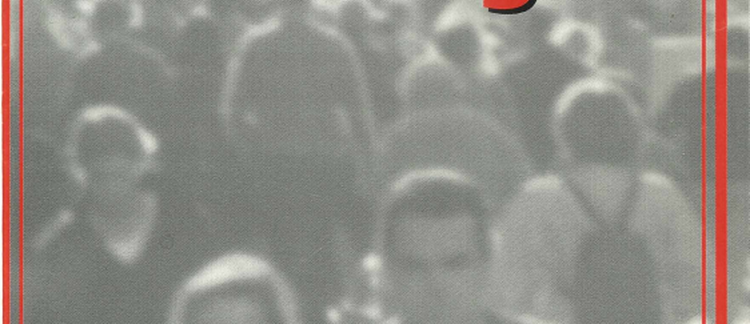Abstract
This study reviews the changes in the relationships between political parties and social organisations over time as well as the accompanying research questions (and answers) over time. The focus of our research was on the relationship between the Christian network of organisations and the Christian Democratic Party from the mid seventies until now. The political parties were built on the major cleavages that divided Belgium society and the links between each organisationai network (pillar) and its political party were exclusive, stable, and formal (structural) until the eighties. At the outset of their research on pillarisation, sociologists of religion were surprised by the paradoxical situation that the Catholic network of organisations and 'their' political party flourished during the seventies despite an increasing secularisation of all aspects of life, several explanations were offered for this paradox: mutual interests, organisationai ties, individual preferences, and a typical collective consciousness or identity, The latter, the so-called 'socio-cultural Christianity', was seen as a secular adaptation to a new cultural reality that was capable of integrating the 'cultural Christians'. At the end of the eighties, pillarization was increasingly criticized by both politicians and sociologists. Pillarization was seen as distasteful because of a number of dysfunctions for the political system. This criticism culminated in the first 'Manifesto of the Citizen' (Verhofstadt) that appeared after the 1991 general elections. In the nineties, the political scene changed drastically. The links between social organisations are now unstable, informal and more diffuse than in the seventies. Unstable voting is one of the remarkable characteristics of this period. The networks of social organisations, now called 'civil society' ('middenveld'), are highly praised as social Capital. Research is focused on the integrative functions of organisation membership and on the ways to measure this. Some directions for further research are proposed.
How to Cite:
Billiet, J., (2004) “Van verwerpelijke verzuiling naar geprezen middenveld: bilan van 30 jaar onderzoek”, Tijdschrift voor Sociologie 25(1), 129–157. doi: https://doi.org/10.21825/sociologos.86601
Downloads:
Download PDF
View PDF


